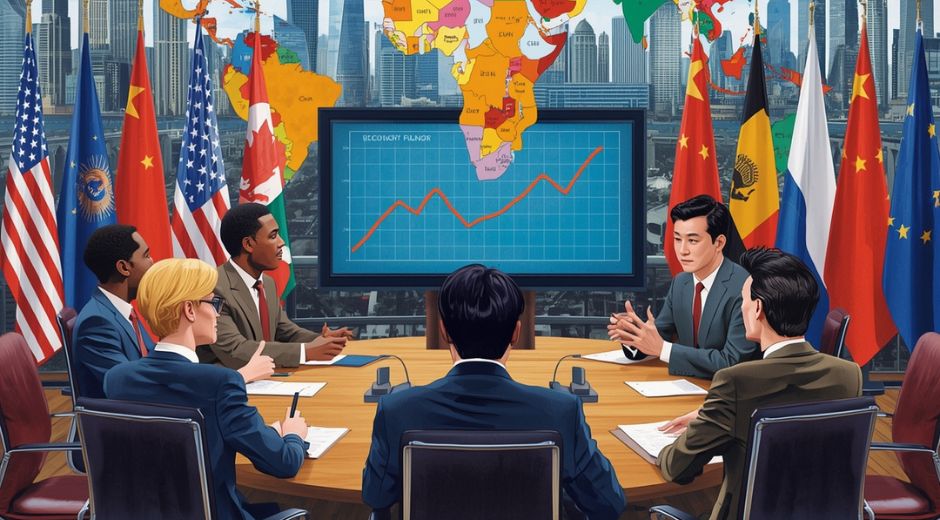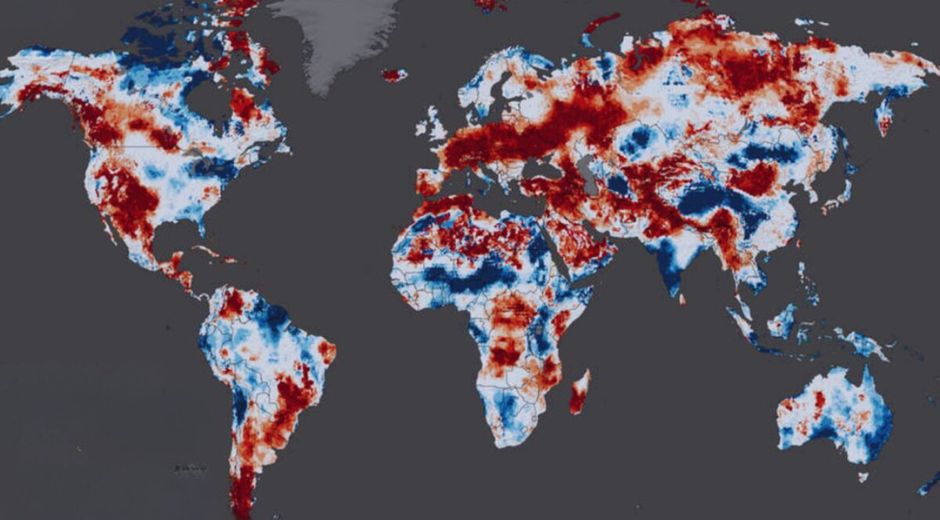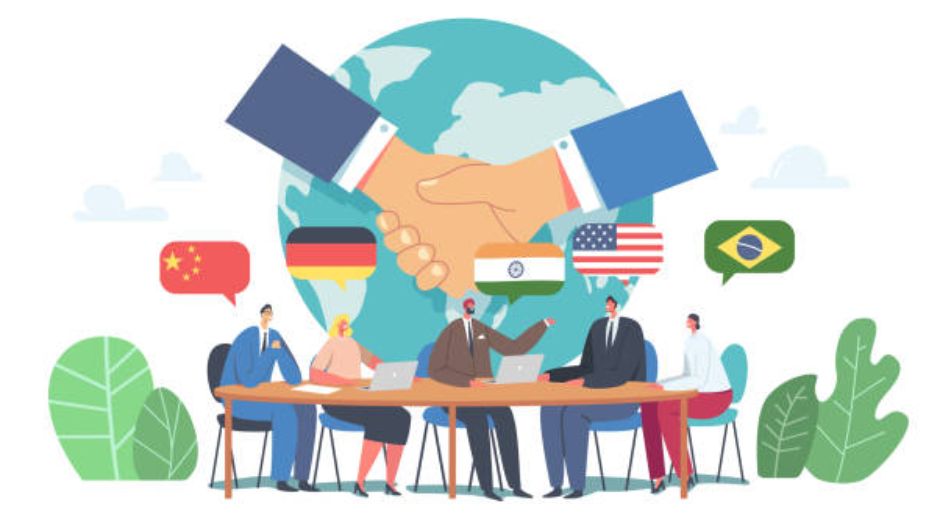Trade Diplomacy Strategies: Navigating Global Politics and Economic Alliances
Trade Diplomacy Strategies: Navigating Global Politics and Economic Alliances
In today’s complex geopolitical landscape, Trade Diplomacy Strategies have emerged as critical instruments for securing national interests, promoting economic growth, and maintaining international stability. Governments worldwide are increasingly recognizing that trade negotiations, alliances, and economic partnerships are central to achieving diplomatic objectives.
The interplay between commerce and diplomacy is no longer peripheral; it is central to global politics. Newspapersio explores how nations deploy trade strategies, the emerging challenges of the 21st century, and the implications for economies and societies worldwide.
Understanding Trade Diplomacy
Trade diplomacy involves leveraging economic agreements to achieve political, security, and strategic goals. It includes negotiations over tariffs, free trade agreements, import-export regulations, and cross-border investments. By shaping trade relationships, countries can influence global economic flows while advancing foreign policy objectives.
Economic leverage has historically been a powerful tool in diplomacy. Nations that control critical resources, technological innovation, or strategic markets often wield significant influence. Forbes reports that countries increasingly view trade as an extension of soft power, using economic engagement to build alliances and enhance global influence.
The Mechanics of Trade Negotiations
Trade negotiations are intricate, requiring careful balancing of economic benefit and political considerations. Negotiators must account for domestic industries, labor markets, environmental standards, and geopolitical alliances. Agreements often involve long-term commitments, complex legal frameworks, and coordination among multiple stakeholders.
Bilateral agreements allow two nations to resolve disputes and strengthen economic ties, while multilateral trade deals, such as regional trade partnerships, create broader economic integration. The World Trade Organization (WTO) remains a central forum for mediating trade disputes and establishing norms for fair international commerce.
Strategic Sectors in Trade Diplomacy
Certain industries play an outsized role in trade diplomacy. Energy, technology, agriculture, and transportation are frequently at the center of negotiations. Access to rare minerals, high-tech infrastructure, and renewable energy resources often shapes alliances and rivalries.
Agriculture is particularly significant for developing nations, which rely on export markets for economic stability. Trade policies that favor open markets, subsidies, and fair pricing can directly influence political relationships and regional stability.
Case Studies: Global Trade Diplomacy in Action
Several high-profile examples illustrate how Trade Diplomacy Strategies operate in practice. The United States’ trade negotiations with China demonstrate the complex interplay between economic interest and geopolitical tension. Tariffs, technology restrictions, and investment guidelines are used not only to protect domestic industries but also to influence strategic behavior on the global stage.
Similarly, the European Union has leveraged trade agreements with countries across Africa, Asia, and South America to promote economic development while strengthening political alliances. These agreements often include clauses on labor rights, environmental standards, and sustainable development, reflecting broader diplomatic priorities.
Technology and Innovation in Trade Negotiations
In the modern era, technology is both a driver and a challenge for trade diplomacy. Digital trade, e-commerce, and data flows are now central considerations in trade agreements. Nations are crafting policies to regulate data privacy, cross-border information exchange, and the export of advanced technologies.
Quantum computing, artificial intelligence, and biotechnology are emerging sectors where trade diplomacy plays a decisive role. Countries that lead in these areas can secure technological advantages and economic influence. They have noted that precision in logistics and digital infrastructure enhances the ability to manage complex trade systems effectively.
Tourism and Economic Relations
Tourism also intersects with trade diplomacy by promoting cultural exchange and economic interdependence. Countries that foster tourism through visa agreements, joint initiatives, and sustainable infrastructure create deeper economic and political ties. Platforms like TripBeyondTravel.com highlight how travel and cultural exchange can reinforce diplomatic relationships while supporting local economies.
Tourism-driven trade diplomacy emphasizes that economic policy is not just about goods but also about services, human connection, and mutual understanding. Countries that facilitate seamless travel and cultural exchange often gain influence and soft power on the international stage.
Challenges in Modern Trade Diplomacy
Trade diplomacy is not without challenges. Protectionism, political instability, and economic nationalism can complicate negotiations. Shifts in government policy, global recessions, or supply chain disruptions require adaptability and foresight.
Environmental sustainability is another critical consideration. Nations are increasingly integrating climate goals into trade agreements, requiring careful balance between economic growth and ecological responsibility. This trend reflects broader societal expectations and global cooperation imperatives.
Trade Alliances and Regional Cooperation
Regional economic organizations, such as the European Union, ASEAN, and MERCOSUR, illustrate the power of collective trade diplomacy. By coordinating policies, member states amplify their bargaining power and create unified standards that influence global markets.
These alliances also provide mechanisms for conflict resolution. By establishing common rules, regulatory frameworks, and dispute mediation channels, countries can maintain stability while pursuing economic integration.
The Role of Soft Power in Trade
Trade diplomacy is a form of soft power, where nations influence others through economic opportunity rather than military coercion. Cultural products, tourism, education, and technology are leveraged alongside traditional commerce to build trust and strategic partnerships.
Successful trade diplomacy relies on credibility, transparency, and mutual benefit. Countries that consistently honor agreements and provide fair opportunities strengthen their international standing.
Conclusion
Trade Diplomacy Strategies are shaping the modern political landscape by linking economic opportunity with international influence. From bilateral negotiations to regional alliances, nations use trade as a tool to advance security, prosperity, and global cooperation.
Insights from Forbes, analysis of international tourism and travel partnerships from TripBeyondTravel.com, and resources shared on Newspapersio.com illustrate the complex interplay between economics and diplomacy. As countries navigate this dynamic environment, trade remains both a pathway to prosperity and a mechanism for fostering international stability.
The strategies adopted today will shape global relations, economic development, and diplomatic influence for decades to come.
The Pulse of News

How Algorithm Governance Is Reshaping Public Policy
How Algorithm Governance Is Reshaping Public Policy
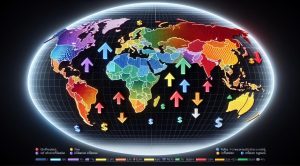
Global Inflation Signals, The Indicators Economists Watch Before Markets Move
Global Inflation Signals, The Indicators Economists Watch Before Markets Move
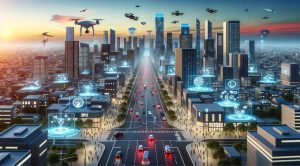
Smart City Surveillance, Safety Gains and the Privacy Tradeoff
Smart City Surveillance, Safety Gains and the Privacy Tradeoff

Ethical Newsrooms, How Media Standards Are Being Rebuilt
Ethical Newsrooms, How Media Standards Are Being Rebuilt

Space Economy Jobs, New Careers Emerging from the Orbital Boom
Space Economy Jobs, New Careers Emerging from the Orbital Boom

Telemedicine Regulations, What’s Changing for Patients and Providers
Telemedicine Regulations, What’s Changing for Patients and Providers
